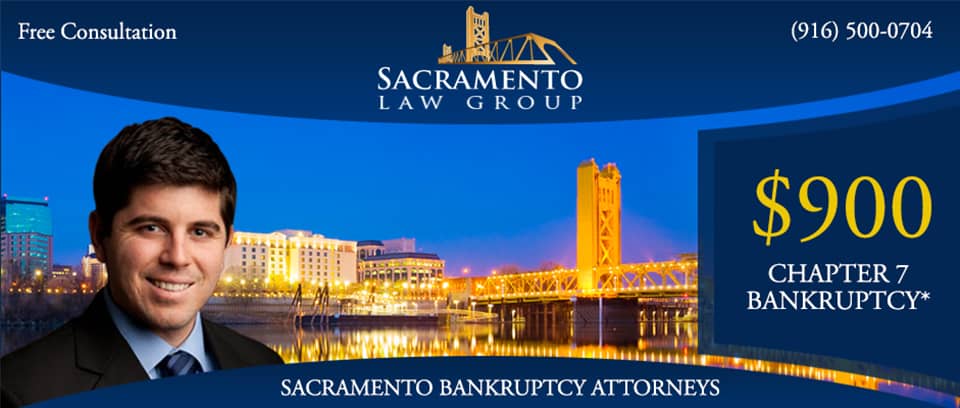Discharge in Bankruptcy
Many people do not understand the scope or legal effect of discharge in bankruptcy. Admittedly, some of the blame for this misunderstanding rests with bankruptcy attorneys. Some California bankruptcy attorneys do not take the time to educate new clients, or omit the fact that bankruptcy discharges unsecured personal liability, but property secured by a valid lien remains liable. Consequently, this page will discuss discharge in bankruptcy so that you can make an informed decision before filing for bankruptcy in Sacramento.
Discharge & The Fresh Start
The goal of bankruptcy is to relieve honest but unfortunate debtors from the pressure of preexisting debt so they may pursue their endeavors with renewed enthusiasm for future profits. This goal is summed up as the “fresh start.” The fresh start is the end result of bankruptcy and represents the freedom to rebuild one’s life without the crushing weight of past debts. However, to facilitate this goal the discharge of past debts is necessary. Discharge is the means by which the fresh start objective is met. Discharge removes the legal obligation to repay prepetition debts, and prevents creditors from seeking repayment after bankruptcy.
Personal Liability is Discharged, But Property Remains Liable
The general rule in bankruptcy is that a debtor’s personal liability is discharged, but a valid lien against property is not affected and the encumbered property remains liable for the secured debt. What this means for you is that when your debts are discharged in bankruptcy the creditor holding the discharged claim cannot look to you personally for repayment of the debt. However, secured liens against your property survive bankruptcy, and the holder of a lien can look to the secured property for repayment of the debt once the automatic stay has terminated. In chapter 7 bankruptcy the common example of this concept is illustrated by financed vehicles. Say that you are filing for chapter 7 bankruptcy. You owe $15,000 on a financed car that is only worth $5,000 at auction and you have missed the last 5 payments. Since the amount you owe exceeds the car’s fair market value you have no equity in the car to exempt. Unless you redeem the car by paying its fair market value to the secured creditor or reaffirm the debt (ie. except that debt from discharge), the secured creditor will be able to repossess the car once the automatic stay has terminated and sell it for $5,000 at auction. Absent bankruptcy, you would still be personally liable for the remaining $10,000 owed on the car (15k – 5k auction proceeds = 10k), but in chapter 7 bankruptcy that remaining $10,000 represents an unsecured debt that is discharged. Consequently, bankruptcy discharged the unsecured portion of the debt (the $10,000 the creditor couldn’t get at auction), but the lien against the car survived bankruptcy and the secured creditor was able to look to the car for repayment.
Effect of Bankruptcy Discharge
As mentioned earlier, discharge prevents a prepetition creditor from attempting to collect on a discharged prepetition debt. The discharge injunction prohibits any action to collect, recover, or offset any debt as a personal liability of the debtor. Therefore, once a debt has been discharged a creditor cannot attempt to collect on the debt through phone calls, letters, or threats of repossession. Violation of the discharge injunction exposes the creditor to civil contempt proceedings and compensatory damages.
Discharge Rules
Some income tax debts can be discharged in bankruptcy if the tax returns were timely filed. View this slideshow to learn whether your income tax debt can be discharged in bankruptcy.
If your tax debt cannot be discharged in bankruptcy, you may need to contact a local tax attorney to explore your tax relief options. A Sacramento tax attorney may be able to secure an offer in compromise or installment agreement with the Internal Revenue Service.



